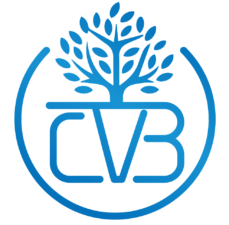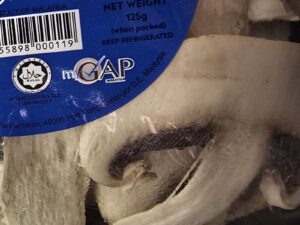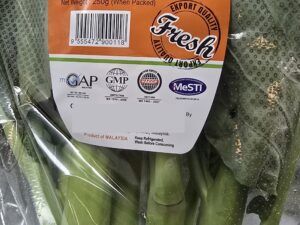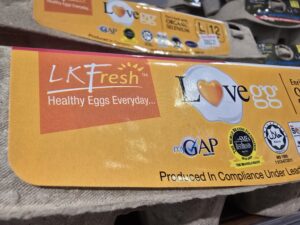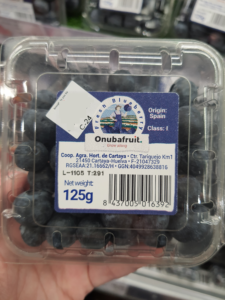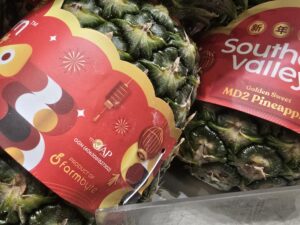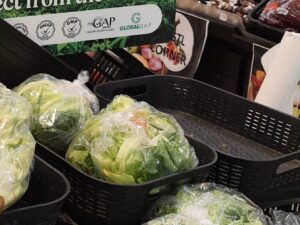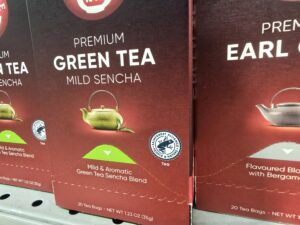Good Agriculture Practice Standards
Explore our tailored consultation services for best agriculture practice standards
Implementing good agricultural practices brings far-reaching benefits that extend beyond farms and into the heart of society. Standards such as GLOBALG.A.P., MyGAP, and Rainforest Alliance certifications promote not only food safety and product traceability, but also uphold fair labor rights, environmental protection, and sustainable resource management. By adopting these practices, producers strengthen consumer confidence, open doors to new markets, and contribute to the long-term well-being of their communities and the environment. Ultimately, good agriculture practice standards lay the foundation for a responsible, ethical, and resilient food system that supports both people and the planet.
MyGAP (Malaysian Good Agricultural Practices)
Established in 2002 by the Malaysian Department of Agriculture, MyGAP serves as the national standard of good agriculture practice for fresh and raw agricultural products, ensuring sustainable practices tailored to the Malaysian context. Drawing inspiration from the internationally recognized GLOBALG.A.P., MyGAP emphasizes traceability to ensure products can be tracked from farm to consumer. It also enforces strict food safety requirements, ensuring agricultural products are free from contaminants and meet public health standards through consistent monitoring and risk management protocols.
Additionally, compliance with legal requirements is a cornerstone of the standard, ensuring all agricultural operations adhere to Malaysian laws. Recognized throughout the country, MyGAP certification is sometimes a key prerequisite for farmers seeking land acquisition, financial incentives, and greater market credibility within Malaysia.
GLOBALG.A.P. (Global Good Agricultural Practices) / globalgap
Global GAP, properly written as GLOBALG.A.P., is one of the pioneering global agriculture standards. GLOBALG.A.P., founded in 1997 in Europe, is a hallmark of excellence in sustainable farming practices. Recognized in over 150 countries, it has become an essential certification for farmers and producers seeking international market access. Its influence spans across a wide variety of crops and aquaculture, offering flexible modules tailored to specific farming operations and diverse agricultural systems worldwide. GLOBALG.A.P. is particularly notable for its robust traceability protocols, which ensure transparency and accountability throughout the supply chain.
The standard also prioritizes food safety, focusing on minimizing risks such as pesticide residues and contamination, thus building trust with consumers and retailers alike. Additionally, GLOBALG.A.P. incorporates social responsibility elements, ensuring ethical labor practices and improved working conditions. Its adoption by major retailers like AEON, McDonald’s, and EDEKA underscores its global relevance and importance for farmers aiming to enhance market access and long-term business sustainability.
Rainforest Alliance Certification
Introduced in 1987, the Rainforest Alliance Certification stands out for its commitment to balancing agricultural productivity with environmental preservation and social well-being. Recognized globally, this good agriculture practice standard is particularly impactful in industries such as cocoa, coffee, tea, and bananas, where sustainable practices are vital for market access. The Rainforest Alliance places a strong emphasis on traceability, ensuring certified products can be tracked through the supply chain to maintain consumer trust.
This certification is distinguished by its rigorous environmental conservation requirements, including the prohibition of converting protected forest land after January 2014. By protecting biodiversity and promoting sustainable land use, it aligns with global efforts to combat deforestation and environmental degradation. The standard also fosters social responsibility by advocating for fair treatment of workers, community engagement, gender equality and the empowerment of smallholder farmers. Additionally, it supports climate adaptation strategies, such as agroforestry, to help farmers mitigate the impacts of climate change while enhancing productivity and sustainability.
Rainforest Alliance also promotes fair trading by suggesting shared responsibilities. Buyers are responsible to pay Sustainability Investment and Sustainability Differential to ensure the farmers received fair price of their products and could have livelihood improvement.
